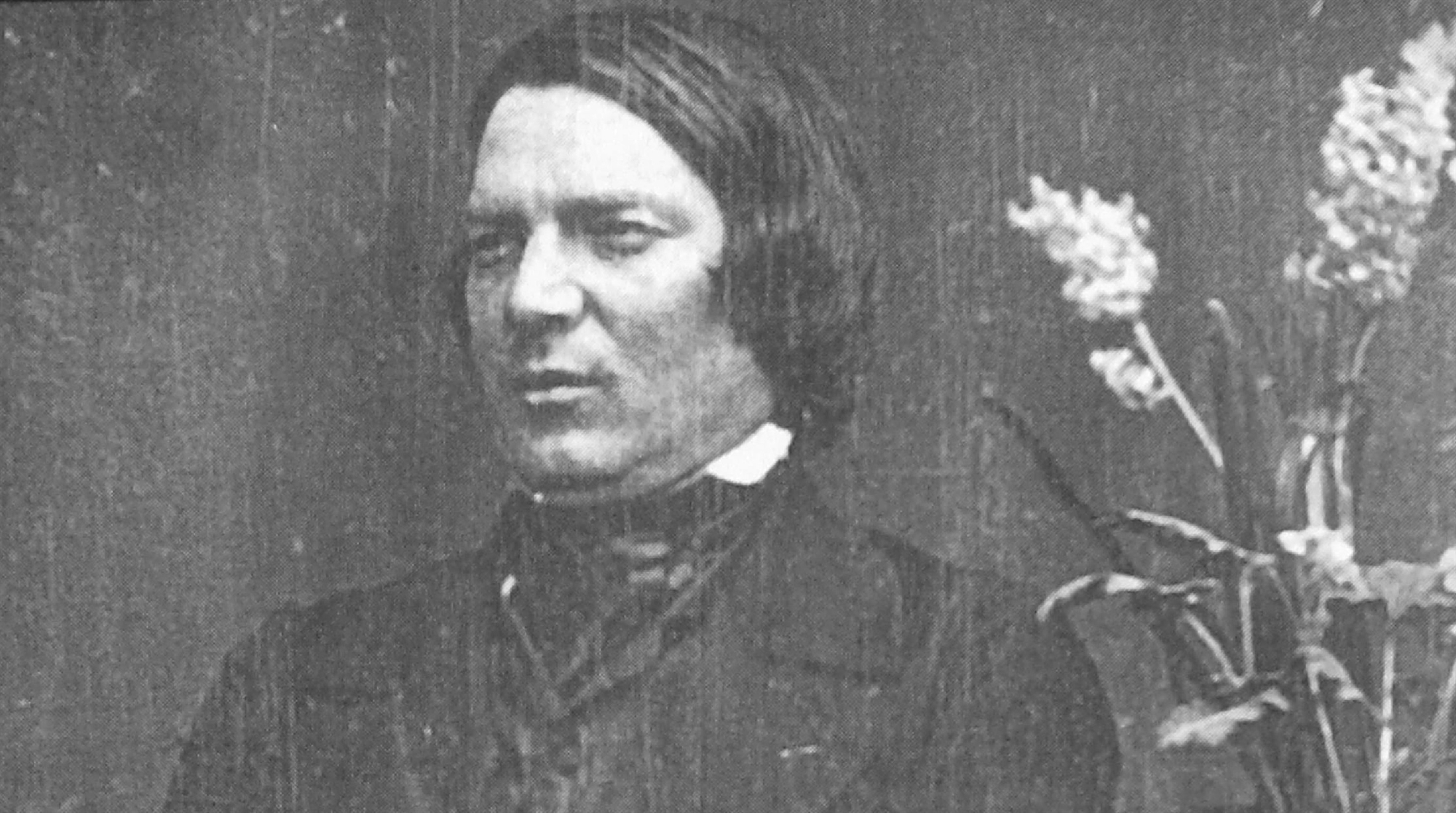
From her point of view, the exceptional pianist Alexandra Papastefanou admits “K”: “In the Schumann song cycles that we perform at the solo concert with Lenya, the enchanted worlds of the giants of poetry intersect. The movements of the soul, fractures and emotions are described as the Romantic poets saw them, following the myth and the maneuvers of illusion through the transforming power of the imagination, constantly rebuilding the world. But because the deeper realities of life always remain hidden and unexplained, the ambiguous, the supernatural, the outrageous, the extreme, and the mysterious are constantly emerging.
» Lenya, as always, excellently translated the poems into Greek, which the listeners will be able to see either in a parallel projection, or thanks to her rare gift of figurative narration. Schumann, the incomparable master of romantic polyphony, wants the voice to narrate theatrically in his songs, and the piano to sing narratively. This is a concert in the world of Utopia.”
Lenia Zafeyropoulou has behind her shoulders, in addition to performing in a lyrical song, her own literary and translation activities. It is significant that among her translations one can note the CD anthology “When your mind and your heart boils” with poems by Goethe and Heine (Patakis), “Sonnets” by William Shakespeare, as well as his poem “The Abduction of Lucretia”. (Gutenberg), and her own poems were awarded in our country, translated into German and included in the anthologies of modern Greek poetry Kleine Tiere zum Schlachten and Dichtung mit Biss.
“Schumann wants the voice to narrate theatrically in his songs and the piano to sing narratively.”
Schumann’s songs seem to suit her particularly well. It is still difficult to remain indifferent to the timbre of the composer with his own “ear” for literary writing. Tom MacLeish, Professor of Physical Philosophy in the Department of Physics at the University of York, in his book The Poetry and Music of Science. Comparing Creativity in Science and Art” (Tom MacLeish, Poetry and Music of Science. Comparing Creativity in Science and Art, Oxford University Press) mentions that Schumann often referred to Beethoven and how he musically transformed a very personal, his own narrative. , which included reflections on immortality and heroes falling and rising again, or how Mendelssohn drew so much inspiration from Shakespeare’s A Midsummer Night’s Dream to write his masterful introduction to the stage music of the same name. Schumann himself often felt an intimate connection between a piece of music and a landscape, historical or natural, living with a friend the fantasy of being transported to medieval Seville, simply by listening to Schubert’s piano sonata.
Schumann was overwhelmed with thoughts, ideas, obsessions (these are the ones that will drive him crazy at the age of 46): “Sometimes,” he wrote to his piano teacher, “I want to tear the piano to pieces, it cannot hold my thoughts .. .”.
Philological association “Parnassus”, Ag. 8 Georgiou Caritsi, Athens. Friday, January 20, 2023 at 20:30 Lyrics will be shown in Greek translation by Lenya Zafeyropoulou.


Source: Kathimerini
Ashley Bailey is a talented author and journalist known for her writing on trending topics. Currently working at 247 news reel, she brings readers fresh perspectives on current issues. With her well-researched and thought-provoking articles, she captures the zeitgeist and stays ahead of the latest trends. Ashley’s writing is a must-read for anyone interested in staying up-to-date with the latest developments.